An opinion poll to be published next week will reveal that Labour leader Ed Miliband is slightly less popular with the public than the vibrant Islamic State commander ‘Jihadi John’ and the late BBC disc jockey Jimmy Savile, and only two points more popular than His Infernal Majesty, Satan. The same poll will also put Labour slightly ahead of the Tories and therefore on course to be the largest party in a hung parliament come next May, with Ed Miliband as prime minister.
This is but one reason why the next general election will be the most fascinating within living memory; the pollsters do not really have a clue what’s going on. The Labour party is reasonably popular, but its leader is considered useless. The economic recovery is undoubtedly being experienced, even beyond London, but the public seems disinclined to give the government credit. Liberal Democrat support hovers around 7 per cent and yet their vote holds up in council seats and nobody expects the party to be left with fewer than 20 seats, and probably nearer 30. And then, of course, there is Ukip.
There’s a case for saying that the best result for the Conservative party in the forthcoming Rochester and Strood by-election would be a win for Labour, enabled by a large Ukip vote for the defector Mark Reckless. This would give some substance to the otherwise questionable assertion from the Prime Minister that if you vote Ukip, you will wake up in bed next to Ed Miliband leafing through a manual on how to eat various breakfast items without appearing to be insane or an extra-terrestrial being. But Labour is putting little effort in — it has already given up the ghost in this frowsy, working-class Medway constituency, much to the disgust of its activists.
My suspicion is that Ukip will win, despite the furious and concerted rubbishing of Mr Reckless by local Tories. And if they do, that will throw the next election wide open and you might expect Ukip to get rather more than the ‘one or two’ seats that both it and the Conservatives have hazarded it might secure. And the Ukip vote will gnaw into the Tory votes south of the Wash and Labour votes in the North.
The most interesting thing in all of this is who, exactly, is voting for Nigel Farage’s lot, and why are they doing so? Because Ukip’s demographic has turned almost 180 degrees in the last five or six years and the problem for Farage is to maintain the line that the party can represent Poujadist, disillusioned, affluent Euro-averse Tories in Dorset and Devon while also appealing to the blue collar voters north of the Trent.
It is not simply a north-south divide. In a sense, the most remarkable thing about the Ukip vote now is the east-west divide. Whereas once Ukip’s strongholds were in the seriously Eurosceptical west of England, they are now concentrated on the eastern rim of England. The two seats which comprise the Isle of Thanet, plus Clacton, Rochester, Great Grimsby, swathes of Essex, parts of Lincolnshire.
This is because Ukip’s original raison d’être — leaving the European Union — no longer matters a fig; the new votes are coming from those areas of the country where mass immigration of largely unskilled labourers and agricultural workers has had its most deleterious effects on the wages of local people. And also, of course, the stuff the major parties don’t talk about — the stuff that the locals have to put up with, as a consequence, in their home towns; the transformation of their communities.
That some of these communities were also originally ‘white flight’ bastions — especially Thanet, but also Clacton and Medway — only helps the Ukip cause. Membership of the EU is an irrelevance — and so Mr Cameron’s commitment to a referendum on the issue matters not a jot. It is immigration, immigration, immigration. It will not be lost on these voters that the numbers of people entering the country each year continue to increase, despite the fervent promises to the contrary. Mr Farage will insist that the two issues — immigration and EU membership — are inextricably linked, and he may be right. But that doesn’t matter, either, at the ballot box. The stronger the line he takes against immigration and the more outraged become metropolitan commentators, the greater the Ukip share next May.
But the north-south divide is also interesting. Ukip takes few votes from the Conservative party north of the Wash. Northern Tories seem to consider Ukip oikish and rather ghastly — and my suspicion is that the party will fare comparatively poorly in the Heywood and Middleton by-election. This is partly because, oddly enough, in the north it is seen as a rather blue-collar party; Nigel Farage himself admitted, when I asked him about this, that there was some northern Tory snobbery agin his ragged amalgam. It is also perhaps the case that Tories in the north of England, and especially the north-east of England, have comparatively right-wing Conservative candidates to whom they can donate their votes, not the bien pensant liberal Tory candidates of London and the Cotswolds.
In the south, the Ukip vote is going to the immigration-averse aspirational working class — split fairly evenly between former Tory voters, former Labour voters and those who were not inclined to vote at all because they believe that politicians are ‘all the same’, etc. The old caricature of the typical Ukip voter as a splenetic and ruddy-faced Bufton-Tufton, enraged beyond measure at some Brussels ruling on the size and shape of parsnips, is by now close to ten years out of date. Indeed, the votes Ukip are picking up now are the people who have decided most of our recent general elections, from Mondeo Man through to Worcester Woman. Hard-working, anti-toff, middle-income, tough on that besom Laura Norder, virulently anti-immigration, politically incorrect and most of all, feeling let down by the three main parties.
Got something to add? Join the discussion and comment below.
Get 10 issues for just $10
Subscribe to The Spectator Australia today for the next 10 magazine issues, plus full online access, for just $10.
You might disagree with half of it, but you’ll enjoy reading all of it. Try your first month for free, then just $2 a week for the remainder of your first year.


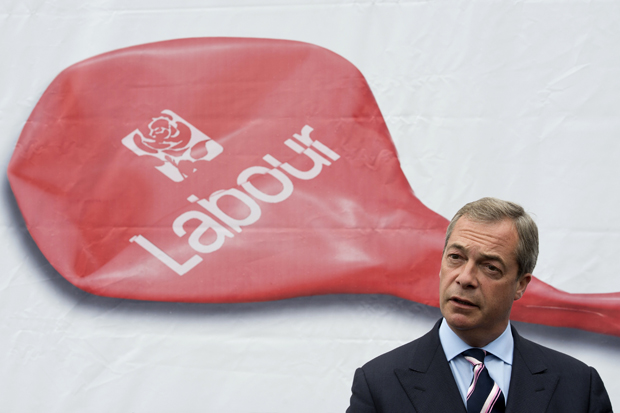
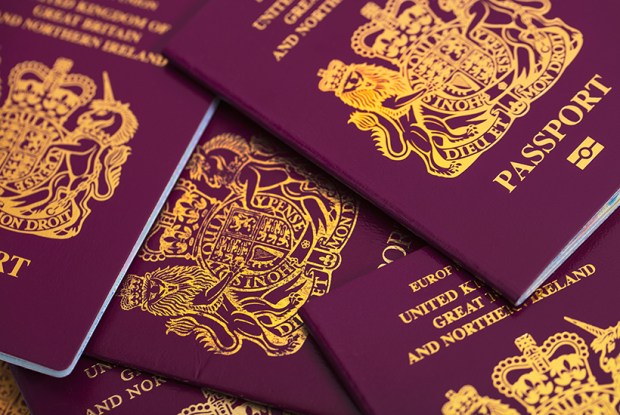
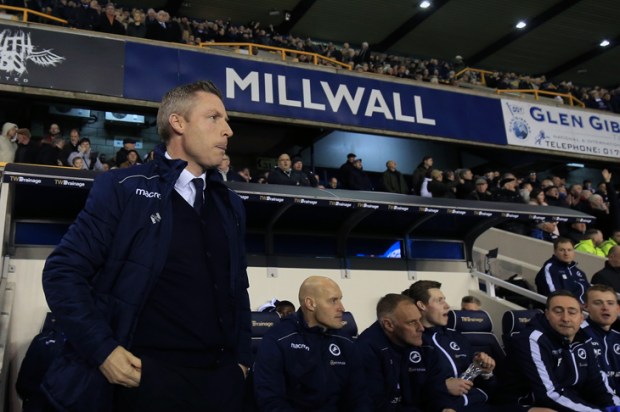

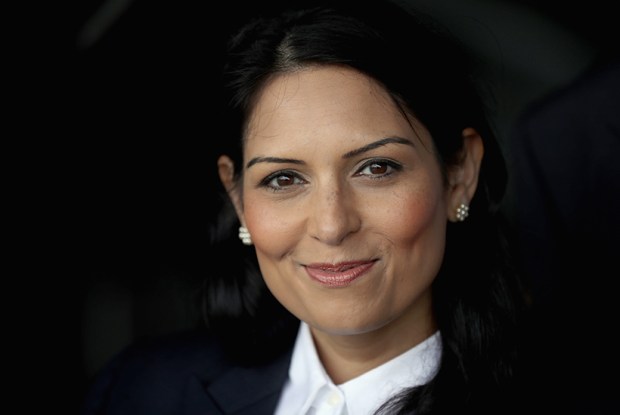
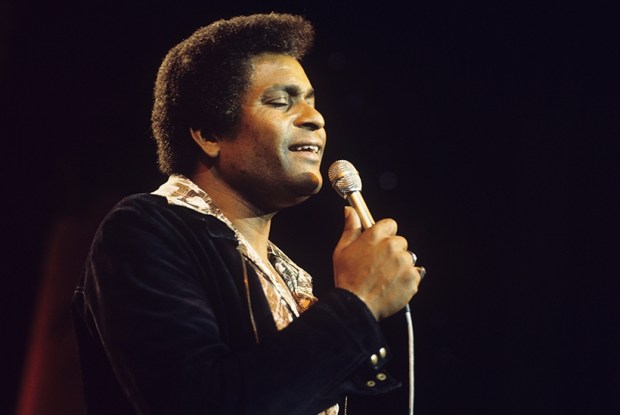
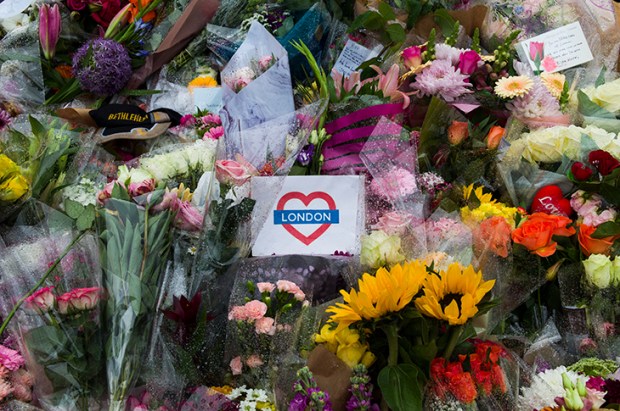






Comments
Don't miss out
Join the conversation with other Spectator Australia readers. Subscribe to leave a comment.
SUBSCRIBEAlready a subscriber? Log in